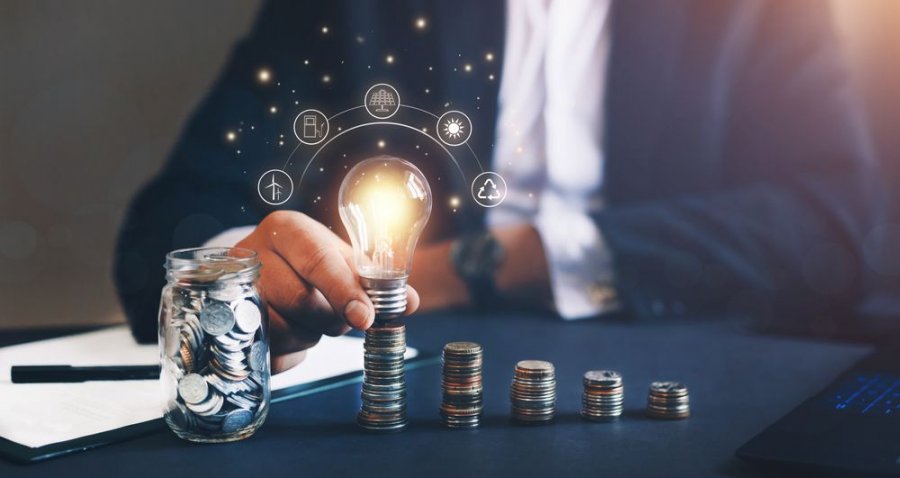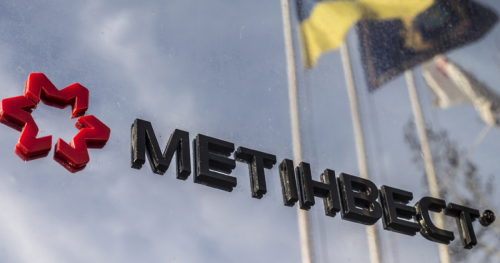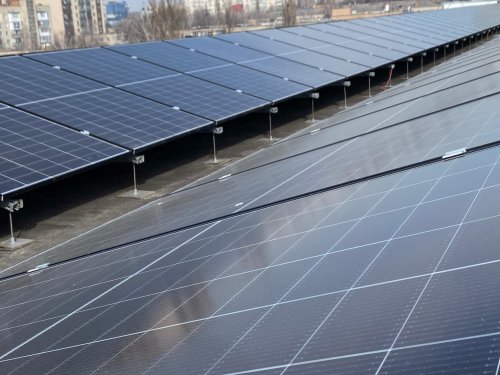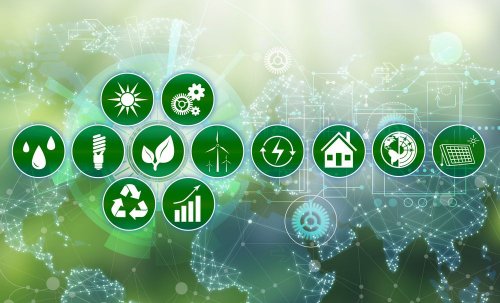The International Energy Agency's 10-year global energy efficiency report showed global progress reaching 2.2% in 2022, double the average of the previous five years.
Globally, energy demand will increase by about 1% in 2022, but without progress in energy efficiency, it would increase almost threefold, the State Agency for Energy Efficiency and Energy Saving reports on Facebook.
It is noted that the IEA has analyzed the latest trends and steps necessary for an energy-efficient future.
The report highlighted that energy efficiency policies have strengthened around the world over the past year. Countries that account for more than 70% of global energy consumption have introduced new tools to boost energy efficiency amid the global energy crisis. In addition, about 25 countries have launched large-scale information campaigns to help reduce energy consumption. Also, more than $900 billion was spent to protect consumers from rising electricity tariffs.
The IEA said that sales of key energy-efficient technologies are growing rapidly in the world. Thus, in 2022, sales of heat pumps worldwide increased by more than 10%, and in Europe – by almost 40%. Electric vehicles accounted for 14% of global car sales in 2022 and are expected to grow to 18% in 2023.
Investments in energy efficiency are expected to reach record levels in 2023 to more than $600 billion, although growth is slowing due to rising capital costs.
Doubling efficiency gains to more than 4% per year by 2030 would reduce global energy demand by 190 EJ (exajoules) and CO2 emissions from fuel combustion by almost 11 gigatonnes, it said. This is equivalent to almost a third of current global energy consumption and emissions.
"If all announced energy efficiency commitments are implemented quickly and fully, they, together with existing policies, will meet three-quarters of the 2030 targets for increasing progress," it said.
The IEA emphasized that the acceleration of energy efficiency actions has additional benefits. Thus, doubling progress on energy efficiency by 2030 will have a number of benefits, including:
- will increase energy security;
- will create an additional 12 million jobs;
- will help more than 800 million people gain access to electricity.
The report noted that meeting the new goal of doubling the rate of progress would require a tripling of annual investment, from $600 billion today to $1.8 trillion by 2030.
Earlier, EcoPolitic wrote, that the European Parliament and the EU Council reached a preliminary political agreement on the revision of the EU Energy Efficiency Directive, namely reduction of final energy consumption by 11.7% in 2030.
As EcoPolitic previously reported, the United Nations Industrial Development Organization (UNIDO) will help launch State decarbonization fund and energy-efficient transformation in Ukraine.





